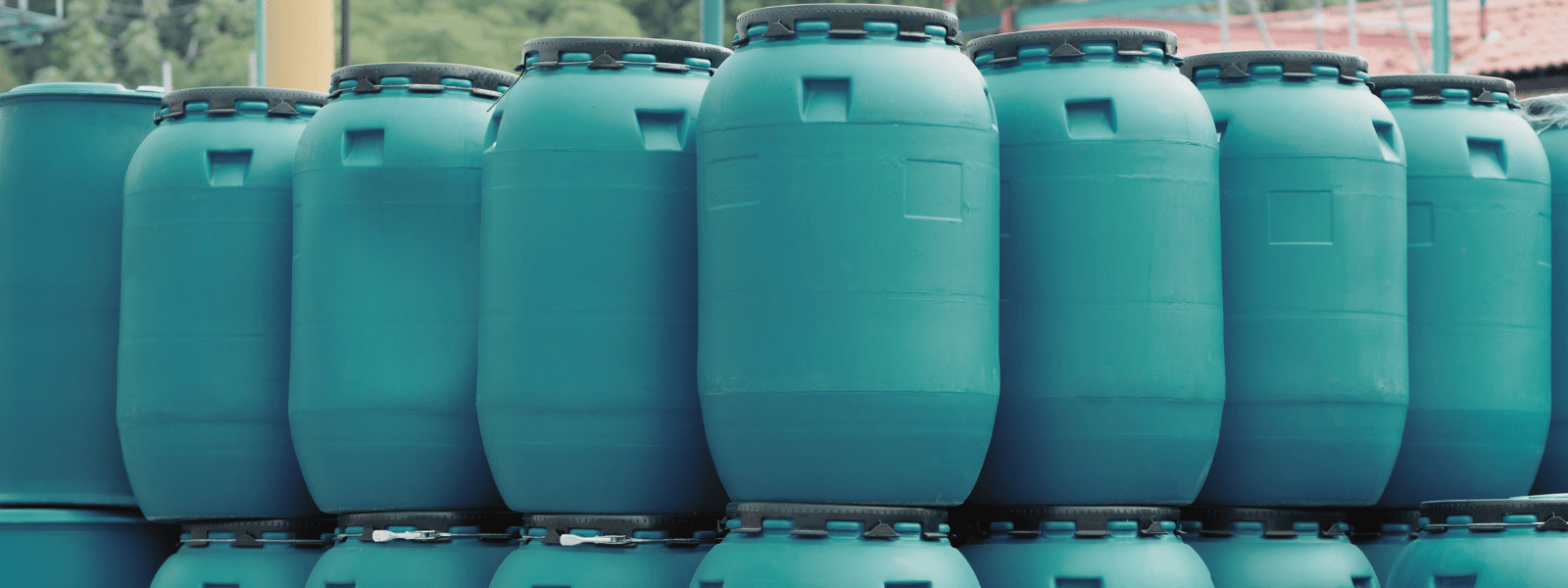In the sustainability and reduced environmental impact, many businesses are turning to alternative fuels as a viable solution for their energy needs. These innovative fuels offer a greener and more efficient approach to industrial energy consumption, helping companies transition from traditional fossil fuels that contribute to greenhouse gas emissions and air pollution. In this post, we will look at various alternative fuels examples and highlight how these innovations are reshaping the landscape of industrial energy.
Alternative Fuels Examples
- Biodiesel – biodiesel is derived from renewable sources such as vegetable oils, animal fats, and recycled cooking oils
- Renewable natural gas (RNG) – produced from organic waste materials, such as food waste, agricultural residues, and wastewater treatment plant byproducts.
- Hydrogen – hydrogen is a versatile fuel that can be used in various applications, including fuel cell vehicles, industrial processes, and energy storage.
- Ethanol – ethanol is an alcohol-based fuel produced from crops like corn, sugarcane, and wheat
- Methanol – produced from renewable sources like biomass; and has potential applications as a transportation fuel, in power generation, and as a feedstock for chemical production.
Applications of Alternative Fuels
Many fields use alternative fuels. For example, they play a significant role in transportation, powering vehicles from cars to ships. Electric vehicles (EVs) and hybrid vehicles use electricity as an alternative to traditional gasoline or diesel. Alternative fuels are increasingly used in power generation to diversify the energy mix and reduce emissions. Finally, alternative fuels are being employed in heating and cooling systems, such as geothermal heat pumps, solar thermal energy, and district heating systems, providing sustainable solutions for temperature control.
Advantages of Alternative Fuels
Alternative fuels offer many benefits, such as lower or zero greenhouse gas emissions compared to conventional fossil fuels, contributing to climate change mitigation and sustainability goals. Many alternative fuels are produced from local and renewable resources, reducing dependence on imported fossil fuels. Alternative fuels, such as hydrogen and biofuels, offer energy efficiency and cleaner combustion processes, leading to operational costs and environmental impact. Overall, alternative fuels have spurred innovation in clean energy technologies, driving research and development in areas (such as advanced biofuel production).
More Information on Alternative Fuels
As the business landscape shifts towards sustainability and reduced environmental impact, alternative fuels have emerged as a game-changing innovation in industrial energy. From biodiesel and renewable natural gas to hydrogen and ethanol, these fuel alternatives provide greener and more efficient solutions. No one has explored environmental stewardship more than Ecolink. We provide safe chemical solutions for more than 30 years. To explore a list of products, visit our online store here. Or, for a free consultation, contact our team of experts today!















